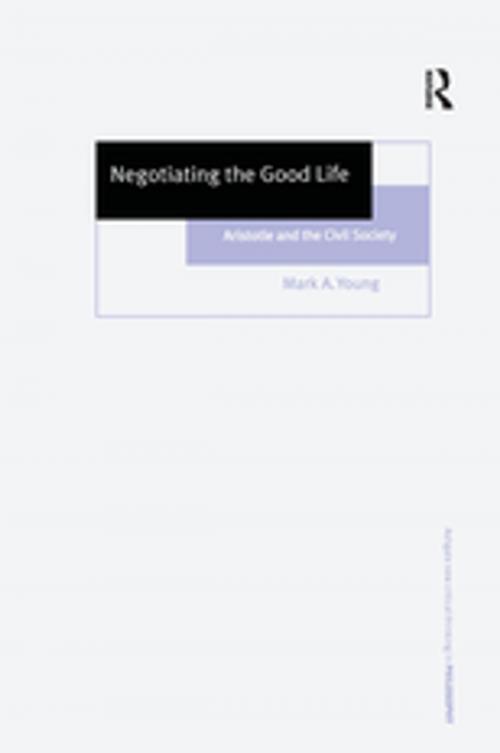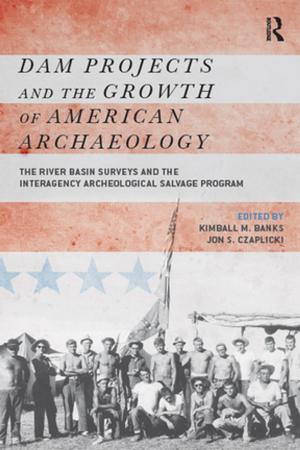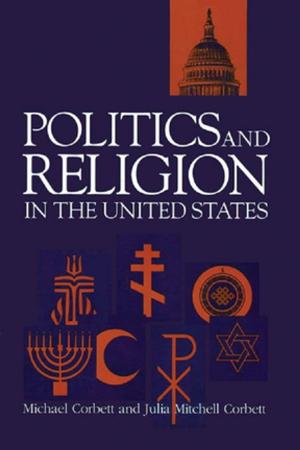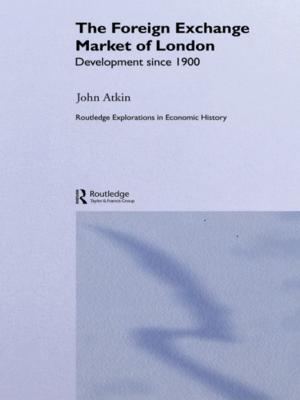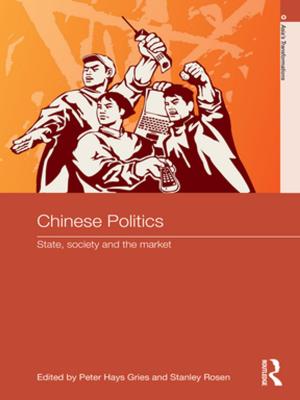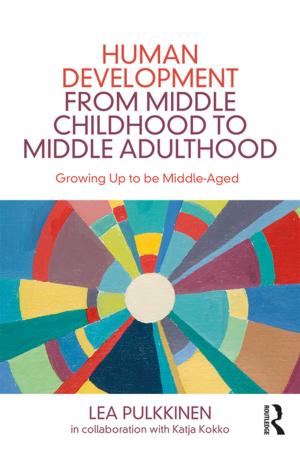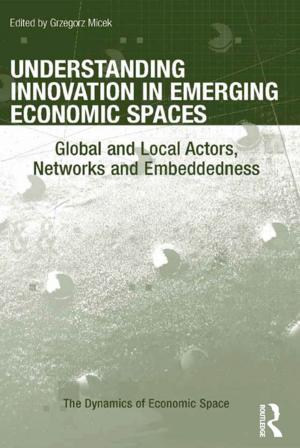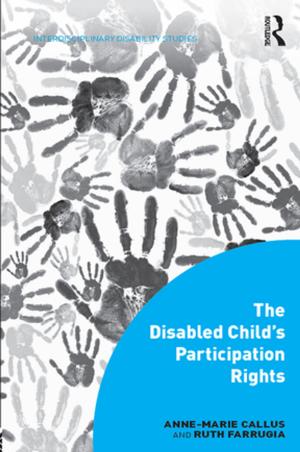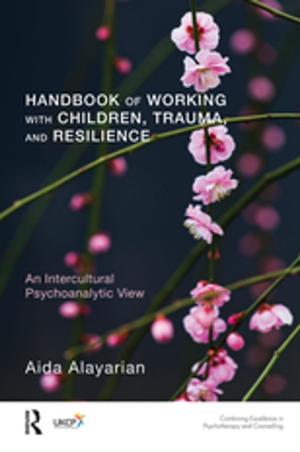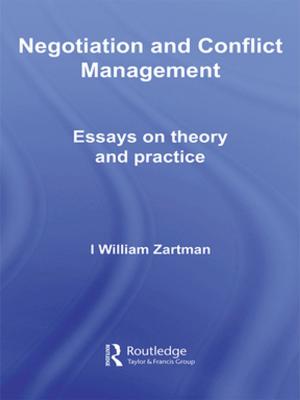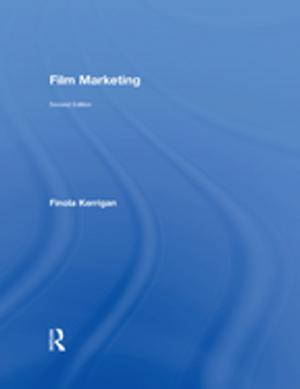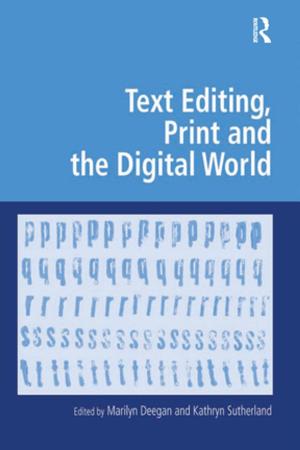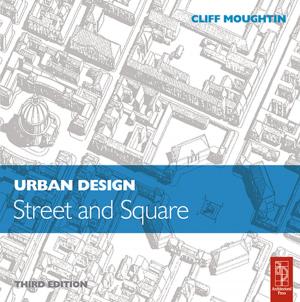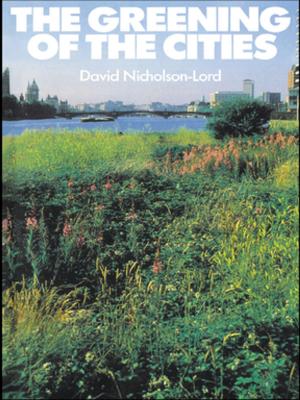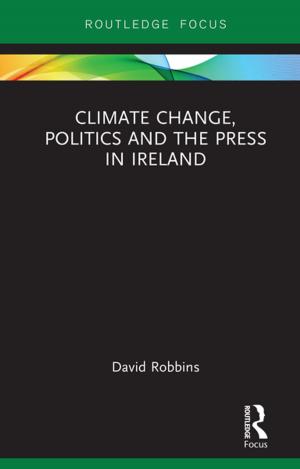Negotiating the Good Life
Aristotle and the Civil Society
Nonfiction, Religion & Spirituality, Philosophy| Author: | Mark A. Young | ISBN: | 9781351915434 |
| Publisher: | Taylor and Francis | Publication: | July 5, 2017 |
| Imprint: | Routledge | Language: | English |
| Author: | Mark A. Young |
| ISBN: | 9781351915434 |
| Publisher: | Taylor and Francis |
| Publication: | July 5, 2017 |
| Imprint: | Routledge |
| Language: | English |
For centuries philosophers have wrestled with the dichotomy between individual freedom on the one hand and collective solidarity on the other. Yet today there is a growing realization that this template is fundamentally flawed. In this book, Mark Young embraces and advocates a more holistic concept of freedom; one which is not merely defined negatively but which positively provides the preconditions for individuals to actively exercise their autonomy and to flourish as human beings in the process. Young posits the idea of 'freedom in community' and traces its origin back to Aristotle. Taking as his premise that humans are deeply social beings who live their lives intricately interwoven with each other, he examines what type of political community is relevant for us in this post-Classical, post-Enlightenment and, indeed, post-Existential world. Identifying the failure of traditional 'statist' models of politics, Young instead argues for a civil society: a globally interlinked and free set of liberal communities as the best context for nourishing human flourishing. In this way we can achieve a proper setting for Eudaimonia in a modern sense.
For centuries philosophers have wrestled with the dichotomy between individual freedom on the one hand and collective solidarity on the other. Yet today there is a growing realization that this template is fundamentally flawed. In this book, Mark Young embraces and advocates a more holistic concept of freedom; one which is not merely defined negatively but which positively provides the preconditions for individuals to actively exercise their autonomy and to flourish as human beings in the process. Young posits the idea of 'freedom in community' and traces its origin back to Aristotle. Taking as his premise that humans are deeply social beings who live their lives intricately interwoven with each other, he examines what type of political community is relevant for us in this post-Classical, post-Enlightenment and, indeed, post-Existential world. Identifying the failure of traditional 'statist' models of politics, Young instead argues for a civil society: a globally interlinked and free set of liberal communities as the best context for nourishing human flourishing. In this way we can achieve a proper setting for Eudaimonia in a modern sense.
